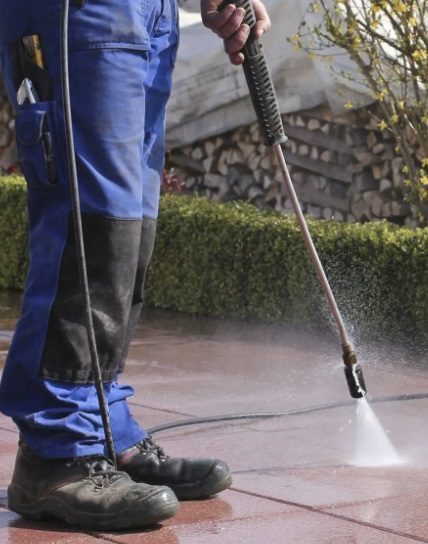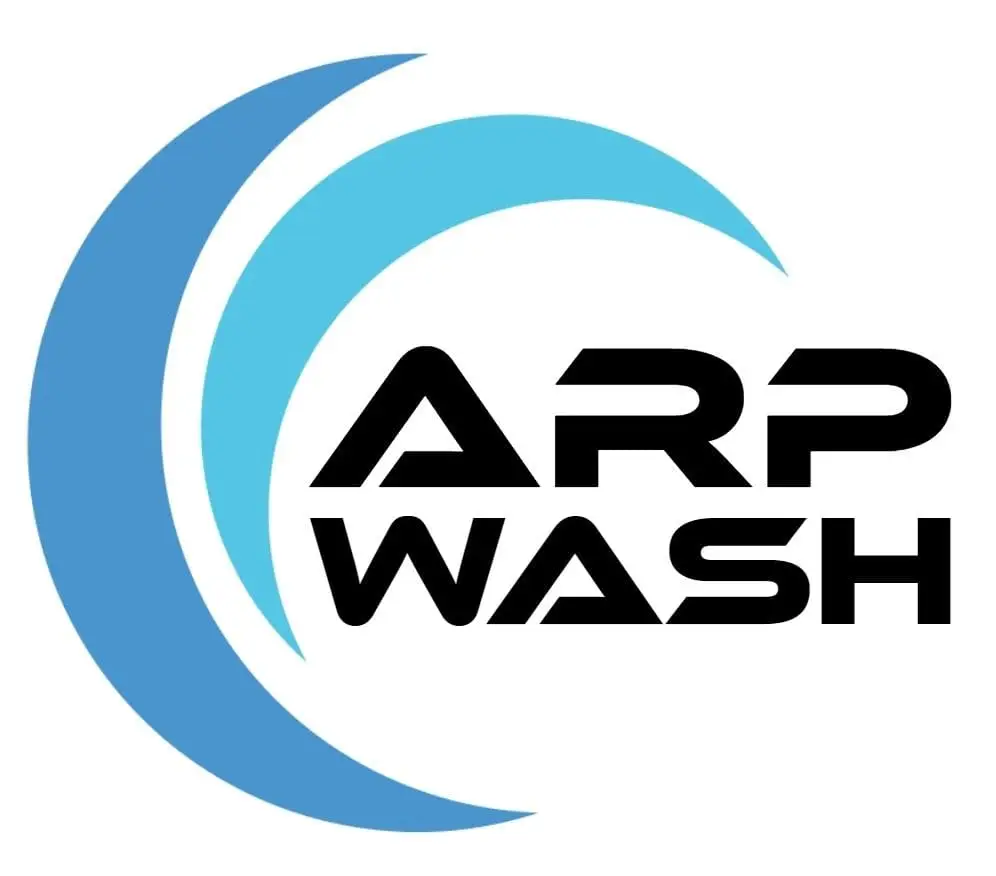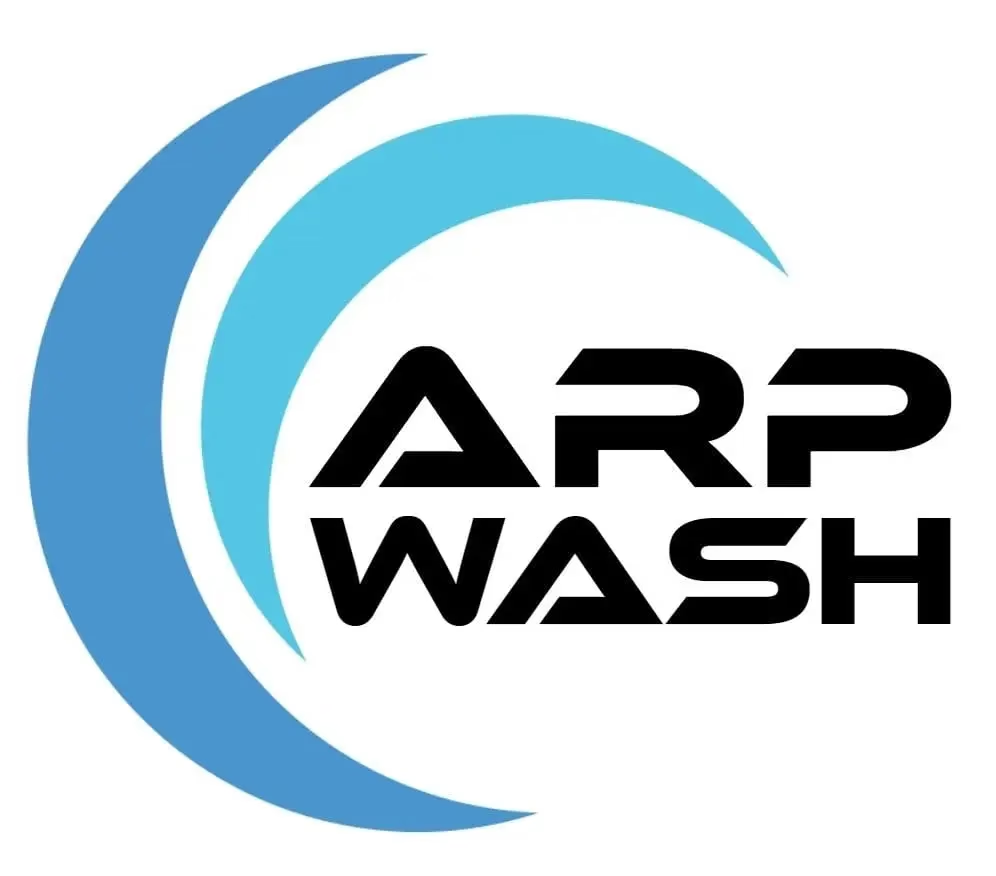
Choosing The Right Pressure Washer
Pressure washing has become an indispensable tool for cleaning various surfaces efficiently and effectively. Whether you’re tackling a residential driveway, a commercial building, or a fleet of vehicles, having the right pressure washing machine can make all the difference. With a plethora of options available on the market, choosing the perfect one for your specific needs can be overwhelming. Fear not! In this comprehensive guide, we’ll walk you through the essential factors to consider when selecting the ideal pressure washing machine for your job.
- Assess Your Cleaning Needs: Before diving into the world of pressure washers, it’s crucial to assess your cleaning requirements. Consider the following questions:
- What surfaces will you be cleaning? (e.g., concrete, wood, vehicles)
- How frequently will you use the pressure washer?
- What level of dirt and grime do you need to remove?
- Do you need hot or cold water for your cleaning tasks?
Understanding your specific cleaning needs will help narrow down the options and guide you towards choosing the most suitable pressure washer.
- Determine the Pressure and Flow Rate: Pressure washers are categorized based on their pressure output, measured in pounds per square inch (PSI), and their flow rate, measured in gallons per minute (GPM). The ideal pressure and flow rate depend on the nature of your cleaning tasks:
- Low PSI (below 2000): Suitable for light-duty tasks such as washing vehicles, patio furniture, and delicate surfaces.
- Medium PSI (2000-2800): Ideal for cleaning sidewalks, decks, fences, and moderate grime.
- High PSI (above 2800): Reserved for heavy-duty cleaning like removing stubborn stains, paint stripping, and industrial cleaning.
Ensure the pressure washer’s specifications align with the demands of your job to achieve optimal results without causing damage to the surface being cleaned.
- Consider Power Source and Mobility: Pressure washers are available in various power sources, including electric, gas, and diesel. Each has its pros and cons:
- Electric: Suitable for indoor use, quieter operation, and low maintenance. Ideal for residential cleaning tasks.
- Gas: Offers more power and mobility, making it suitable for outdoor cleaning where electricity may not be accessible. Perfect for commercial and industrial applications.
- Diesel: Provides high power output and is ideal for heavy-duty industrial cleaning tasks.
Additionally, consider the mobility features such as wheels or handles for easy maneuverability, especially if you’ll be moving the pressure washer frequently during your cleaning jobs.
- Look Into Additional Features: Certain features can enhance the performance and convenience of a pressure washer:
- Adjustable Pressure Nozzle: Allows you to control the spray pattern and pressure intensity, catering to different cleaning requirements.
- Detergent Injection System: Enables the application of cleaning solutions or detergents to enhance cleaning effectiveness.
- Hose Length and Reel: Longer hoses provide extended reach, while hose reels ensure tidy storage and prevent tangling.
- Thermal Relief Valve: Prevents overheating of the pump, prolonging the pressure washer’s lifespan.
Evaluate which additional features are essential for your cleaning tasks and prioritize accordingly.
- Budget Considerations: Finally, establish a budget based on the features and specifications required for your cleaning jobs. While it’s tempting to opt for the cheapest option, investing in a quality pressure washer that meets your needs can save you money in the long run by reducing maintenance costs and improving efficiency.
Conclusion: Should you choose to pressure wash your own job, there is a lot to consider! Fortunately, ARP Wash is equipped with the full array of tools and equipment to take that stress off of your plate. Let us quote your job, and compare it to the effort and cost involved with DIY to make your decision.

